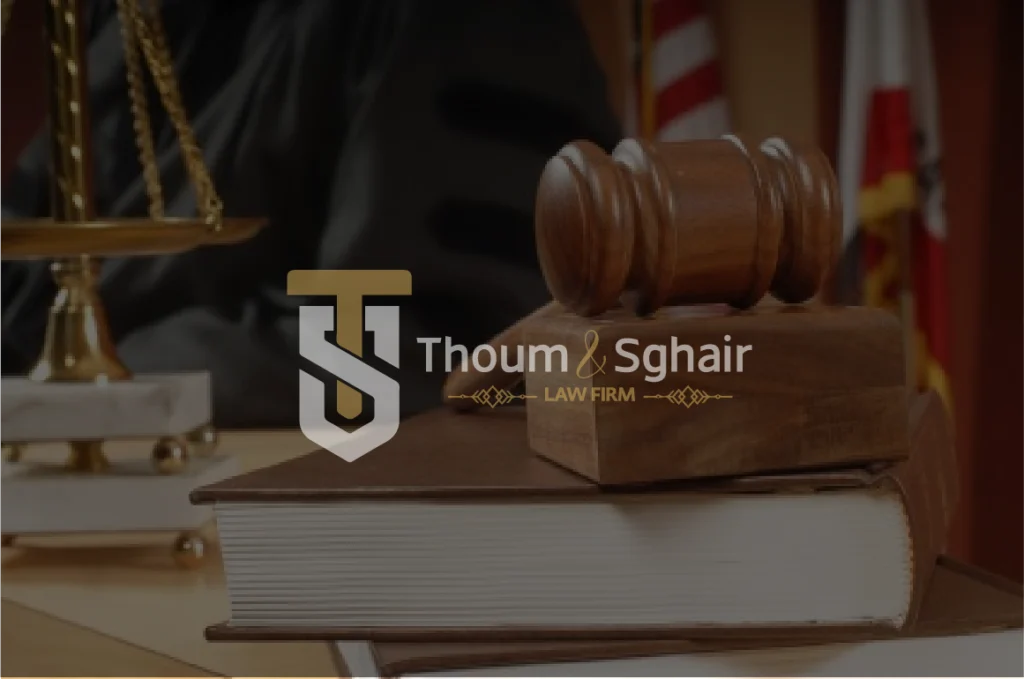
Family law in Morocco governs the legal aspects of family relationships, including marriage, divorce, child custody, inheritance, and more. Understanding the principles of family law is crucial for individuals navigating complex family matters. Whether you are seeking a divorce, working out child custody, or addressing inheritance issues, this guide provides key insights into Moroccan family law. At our law firm in Casablanca, Morocco, we are committed to offering expert legal services to help you resolve family law issues with professionalism and care.
1. Marriage and Family Relations in Morocco
Marriage Contracts and Legal Requirements
In Morocco, marriage is regulated by the Moudawana, also known as the Family Code. Marriage is a legal contract between two individuals, and both parties must adhere to specific requirements:
- Legal Age: The minimum legal age for marriage in Morocco is 18 for both men and women.
- Consent: Both parties must consent freely to the marriage. Forced marriages are prohibited.
- Marriage Contracts: Couples can sign a marriage contract (known as ” عقد الزواج“) outlining their rights and responsibilities, particularly regarding property and financial matters.
Polygamy in Morocco
Under Moroccan law, polygamy is allowed but highly regulated. A man may marry up to four women, but he must demonstrate that he can treat all wives equally and fairly, both financially and emotionally. The woman’s consent is also required for a polygamous marriage.
2. Divorce in Morocco
Divorce is a significant aspect of family law in Morocco, and it can be initiated by either the husband or the wife. There are two main types of divorce:
1. Talaq (Divorce by Husband)
The husband has the right to initiate a divorce through Talaq. However, it must be carried out in accordance with the Moudawana, which mandates that the husband provide his wife with maintenance during the waiting period (iddah) and fulfill financial obligations.
2. Khula (Divorce by Wife)
A wife can request a Khula, which is a form of divorce initiated by the wife. However, she must prove that the marriage is unworkable, and the court may require her to return her dowry or provide compensation to her husband.
Divorce and Child Custody
In the event of divorce, the issue of child custody becomes paramount. The law prioritizes the welfare of the children when determining custody arrangements. Moroccan law usually grants custody to the mother for children under the age of 15, but fathers have rights to visitation and involvement in decision-making.
3. Child Custody and Child Support
Child Custody in Morocco
Child custody is typically awarded to the mother in the case of a divorce, but the father retains visitation rights and, in some cases, the right to make significant decisions in the child’s life. Custody arrangements depend on the child’s age, the parent’s living situation, and the child’s best interests.
Child Support
Moroccan family law mandates that non-custodial parents, usually the father, provide child support. The amount is determined based on the father’s income, the child’s needs, and the family’s financial situation. Legal action can be taken if child support is not provided.
4. Inheritance and Succession
Moroccan inheritance law is influenced by Islamic law (Sharia), and it dictates how property and assets are distributed upon death. The Family Code provides specific rules on inheritance, with fixed shares for family members such as spouses, children, and parents.
Key Points About Inheritance
- Equal Shares for Sons and Daughters: Sons typically receive double the share of daughters.
- Testamentary Freedom: Moroccan law allows individuals to allocate part of their estate through a will, but the mandatory Islamic share for heirs cannot be altered.
5. Domestic Violence and Legal Protection
Morocco has made strides in addressing domestic violence, particularly through the Law No. 103-13 on combating violence against women, which provides protection for victims of domestic violence and sexual harassment.
Legal Measures for Victims
Victims of domestic violence have the right to file a complaint with the police, and courts can issue protection orders to prevent further abuse. The law also allows victims to seek compensation for damages.
6. Adoption and Foster Care
Adoption in Morocco follows Islamic principles, and it does not grant the adopted child the same legal status as a biological child in terms of inheritance rights. However, adoption does provide the child with protection and care under the law. Moroccan law allows for the placement of children in foster care if they are in need of protection.
Conclusion
Family law in Morocco is a vital part of the country’s legal system, focusing on protecting the rights of individuals in family matters, such as marriage, divorce, child custody, inheritance, and more. Whether you are facing a family dispute or seeking legal advice on marriage contracts, divorce, or inheritance, it is essential to seek expert legal counsel. At CASA LAW FIRM, a premier law firm in Casablanca, Morocco, we offer comprehensive family law services tailored to your needs. Contact us today for trusted legal assistance.